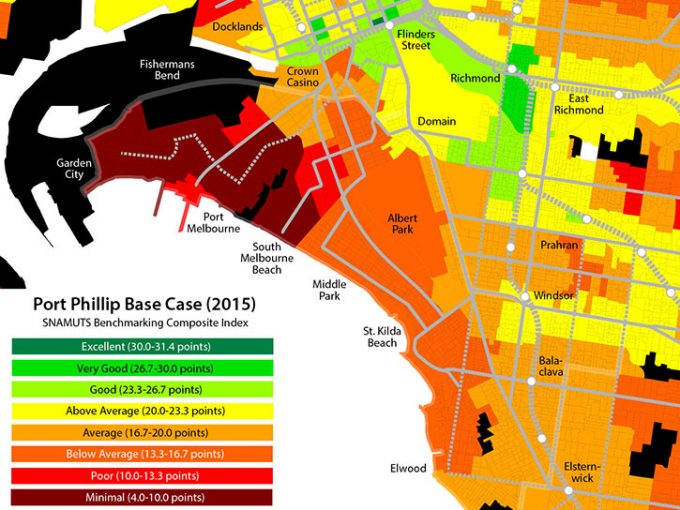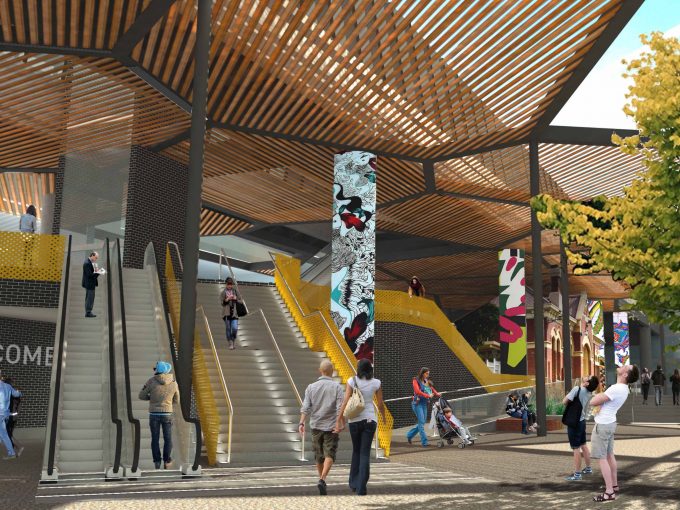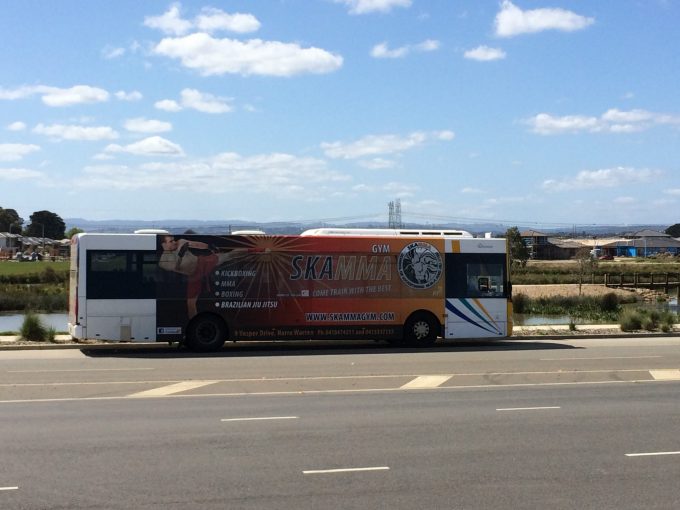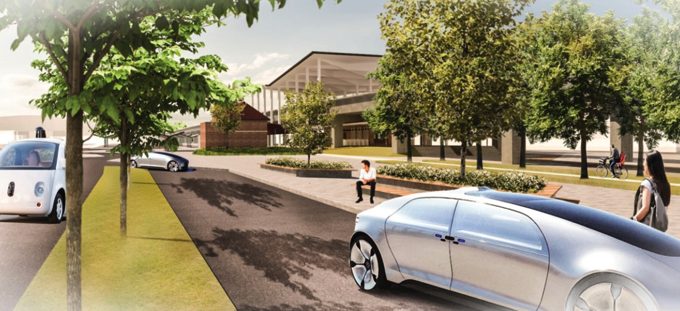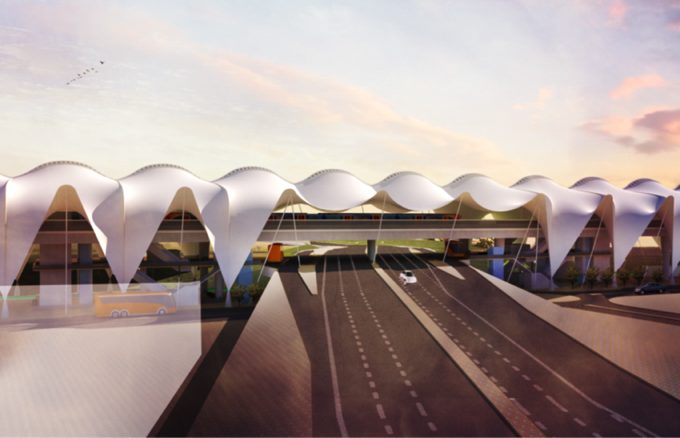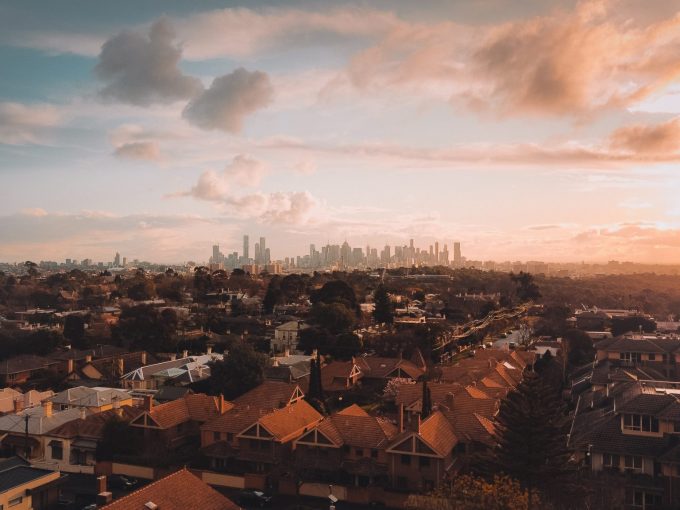The Planning and Transport in City Regions Program seeks to understand processes of urban development and patterns of mobility at the metro-regional scale, and the policy measures needed to improve the productivity, livability and sustainability of city-regions.
The program is focused on the case of Melbourne as a mega-city in the making and addresses the problems and challenges faced by planners in grappling with the city’s transformation.
The program’s work is nonetheless positioned within a national and international context and looks toward experience elsewhere in metropolitan scale land-use and transport planning to inform its research agenda.
Projects
Key People
Lead researchers
Program Researchers
- Dr Chris De Gruyter Dr Annette Kroen Professor Michael Buxton
- Professor Jago Dodson Dr Jan Scheurer Professor Robin Goodman Associate Professor Joe Hurley Dr Anthony Kent Dr Stephen Rowley
Higher Degree by Research Candidates
- Helen Rowe Luisiana Paganelli Silva Sadaf Saeed Todd Denham Xavier Goldie Eric Keys Kristen Bell Afshin Jafari Liam Davies Solmaz Jahed Shiran
